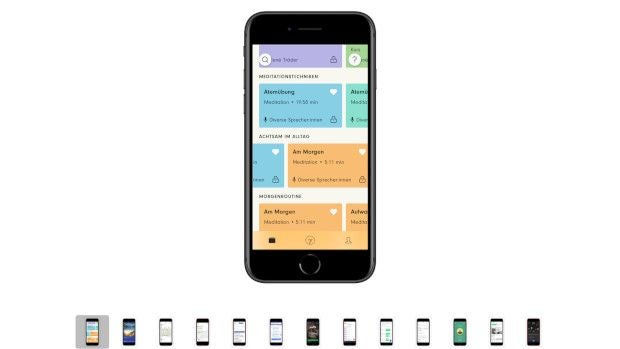How gaming startup Wooga doubled the proportion of women
Just a few years ago, only every fifth team member at the game developer Wooga was female – even though women and men play its games in equal parts. For Wooga, that was reason enough to question this contradiction. Today, the proportion of women at the gaming startup is almost twice as high: a little over 40 percent of team members are female, in top management the figure is 30 percent and in the tech department 24 percent. How did the company do it?
This is an article from our topic special “Future of Work”
Contents
Become aware of your own bias
Valentina Luzina, Head of HR at Wooga, answers this question in a t3n interview. She speaks of several steps to advance the development. The starting point was to sensitize the team to prejudices. An external consultant asked the team specific questions such as: Would I rate a woman’s performance the same way if she were a man? “That was a door opener to advance the topic,” says Valentina Luzina. Boundaries emerge and ultimately manifest themselves in the mind.
In this context, the Wooga manager speaks of “inclusion nudges”. The term goes back to the diversity experts Lisa Kempinski and Tinna C. Nielsen. The aim is to bring about a behavioral economic intervention. Human actions are controlled by mental patterns that are influenced by role models and stereotypes. Bias can be turned into the opposite if it is recognized as such. There are enough examples in day-to-day work: the fact that women are not interested in IT is one of them.
Facing your own bias is the basis for further discussions – especially among the people who make important decisions in recruiting processes. But Wooga didn’t want to rely solely on the judgment of the individual. Even if the mindset is important, the game developer has also implemented tools in everyday work that should help to increase the pool of applicants. Because that is inevitably needed in order to be able to choose from various specialists.
Editor’s Recommendations
Valentina Luzina is Head of HR at Wooga. (Photo: Wooga)
“In order not only to read the CVs of the applicants as unprejudiced as possible, but also to receive applications from female talents at all, we at Wooga started to work with a so-called gender bias decoder,” explains Valentina Luzina. Such software scans company job postings for gender-sensitive language before they are published. An algorithm indicates, for example, if supposedly masculine formulations appear too frequently in the job advertisement.
The HR expert speaks of adjectives such as “ambitious” and “goal-oriented”, which primarily appeal to male applicants, while women, in her opinion, react more to adjectives such as “enthusiastic” or “empathetic”. Valentina Luzina makes it clear that language is important and the reason why fewer women would apply for job advertisements. “But the decoder is clearly more of a guideline than a law.” What the tool marks in the templates is always checked with a human mind.
Another lever is to clarify the entitlement of the company in the job advertisement. According to the Wooga manager, women often only apply for positions whose profile they match 100 percent. “That may sound cliché, but there is a very simple reason: women are often socialized differently. They are brought up to be modest, while men should show their ambition.” Wooga therefore explicitly encourages applications even if not all requirements are met.
Editor’s Recommendations
The next step was to always have at least one woman present at job interviews. “It sounds easier at first than it was back then – especially in the engineering team,” says the Wooga manager. After all, there were hardly any women at the game developer, especially in management positions. At the same time, there shouldn’t have been just any employee who couldn’t answer the applicant’s questions, she explained in the t3n interview.
Last but not least, there is now a commitment at Wooga that has contributed significantly to greater diversity: “In every application process, at least one woman must make it to the last round – provided one has also applied for the position,” explains Valentina Luzina in the t3n conversation further. However, she makes it clear that the applicant does not necessarily have to get the job. “It’s not about reaching a quota for us, it’s about realizing that we have a choice.”

More successful at work: These apps help with your career


